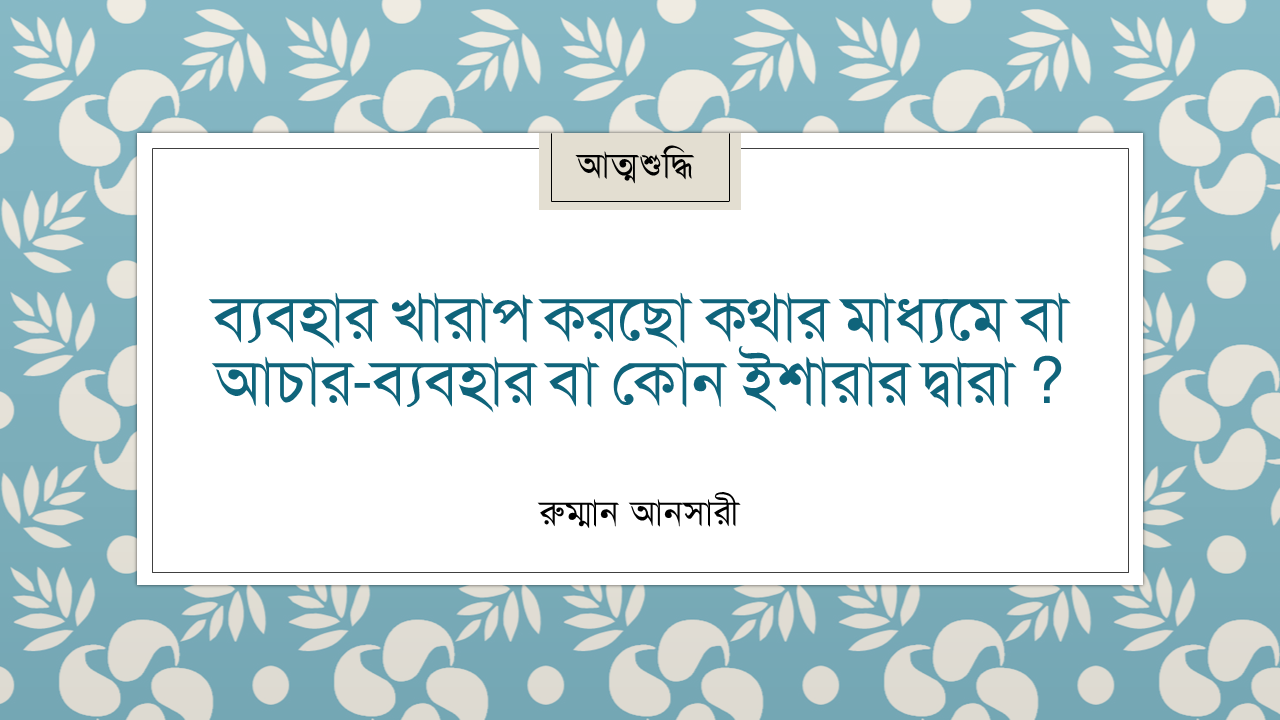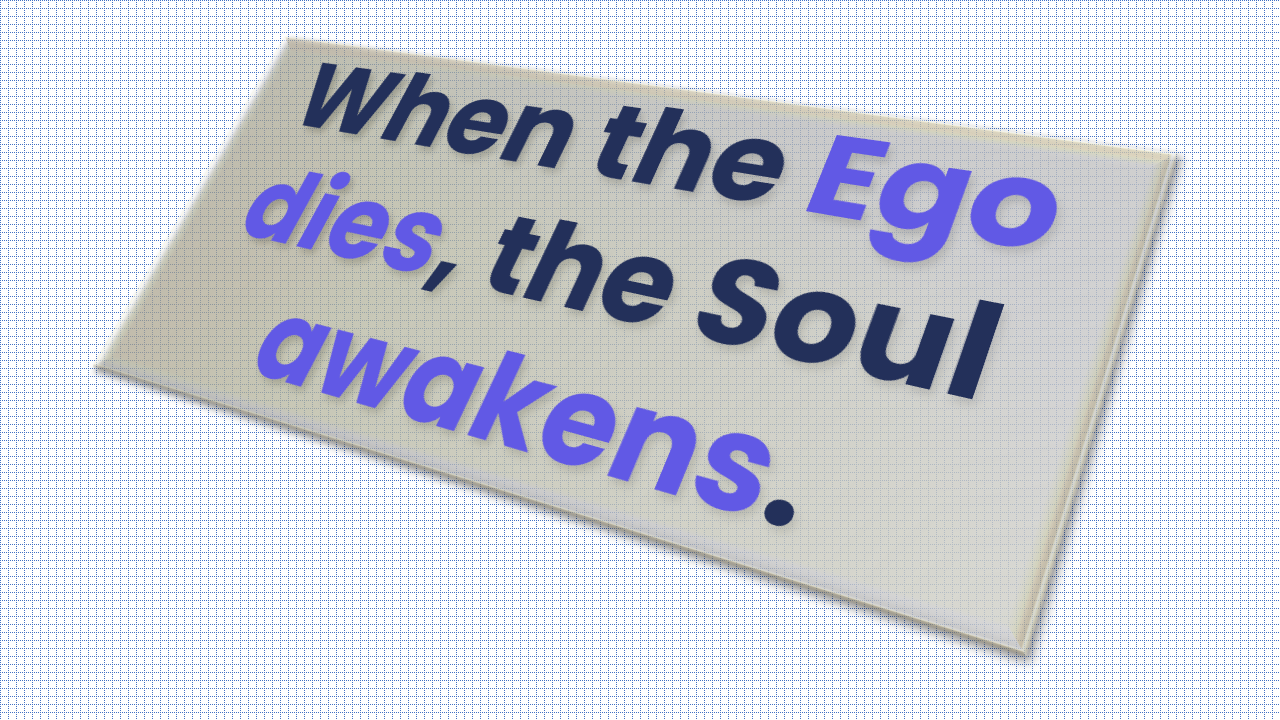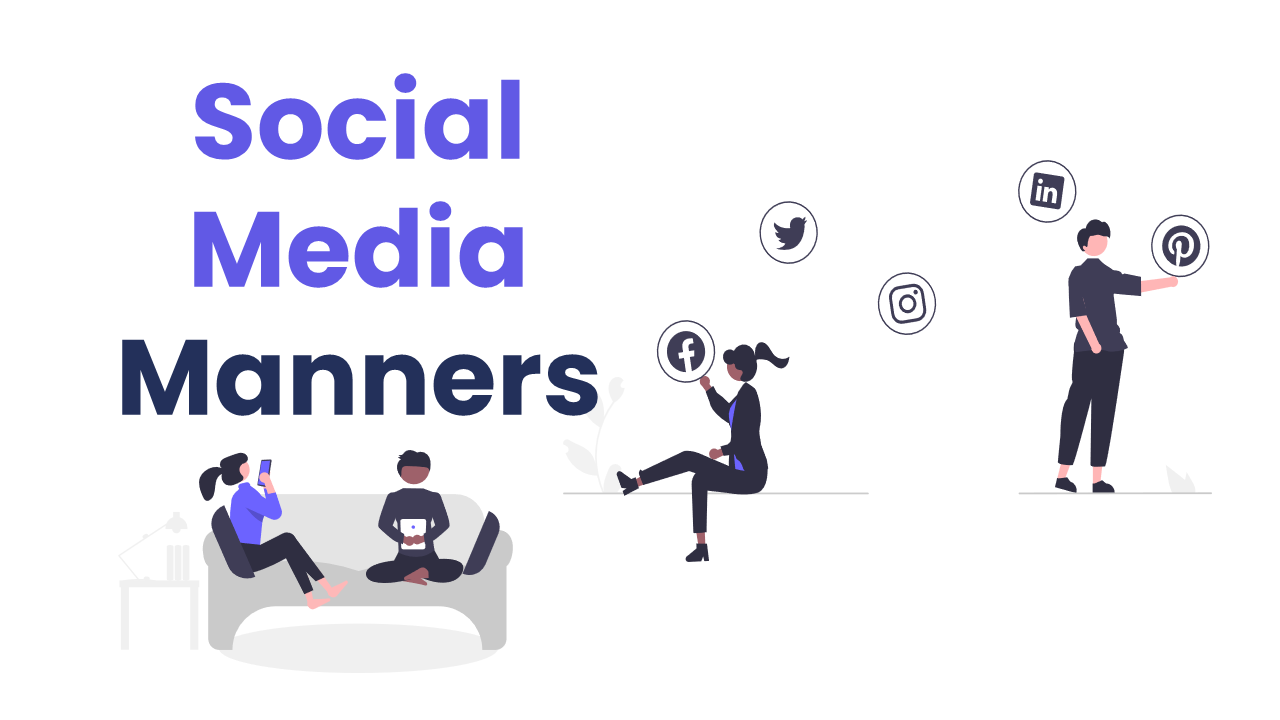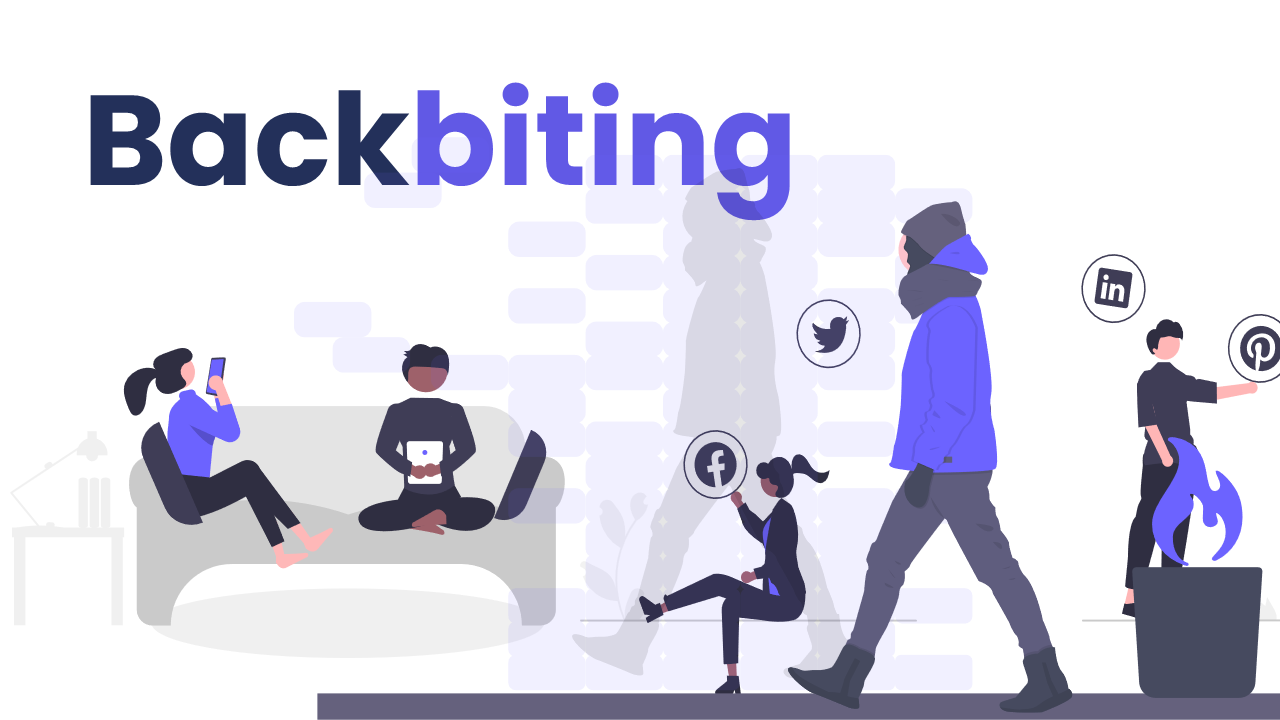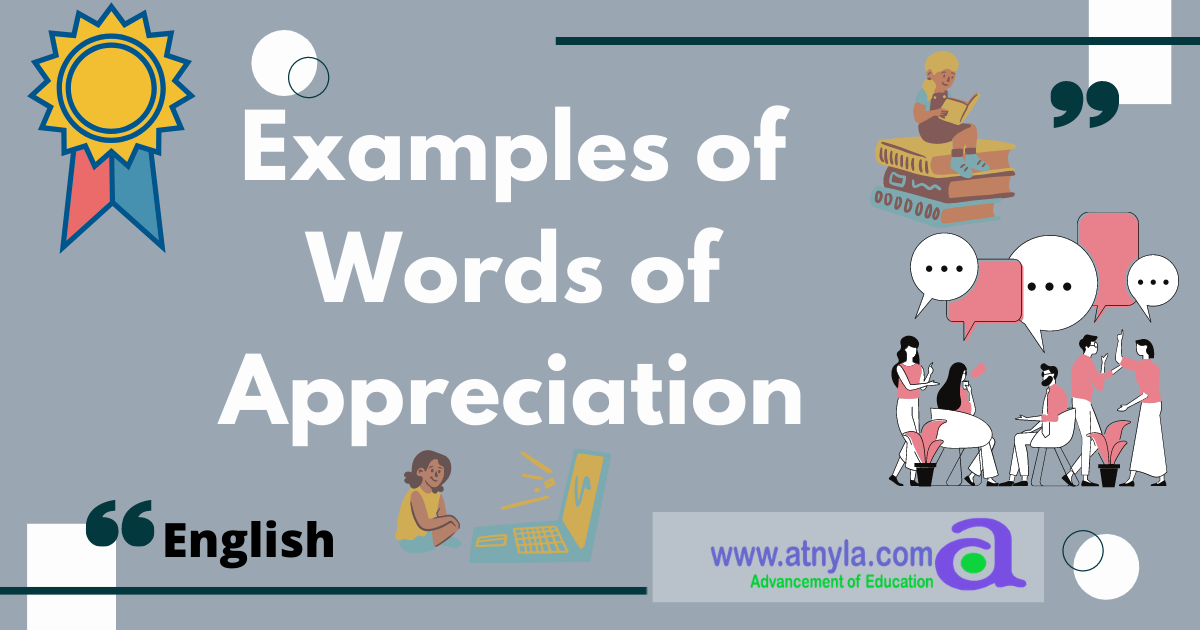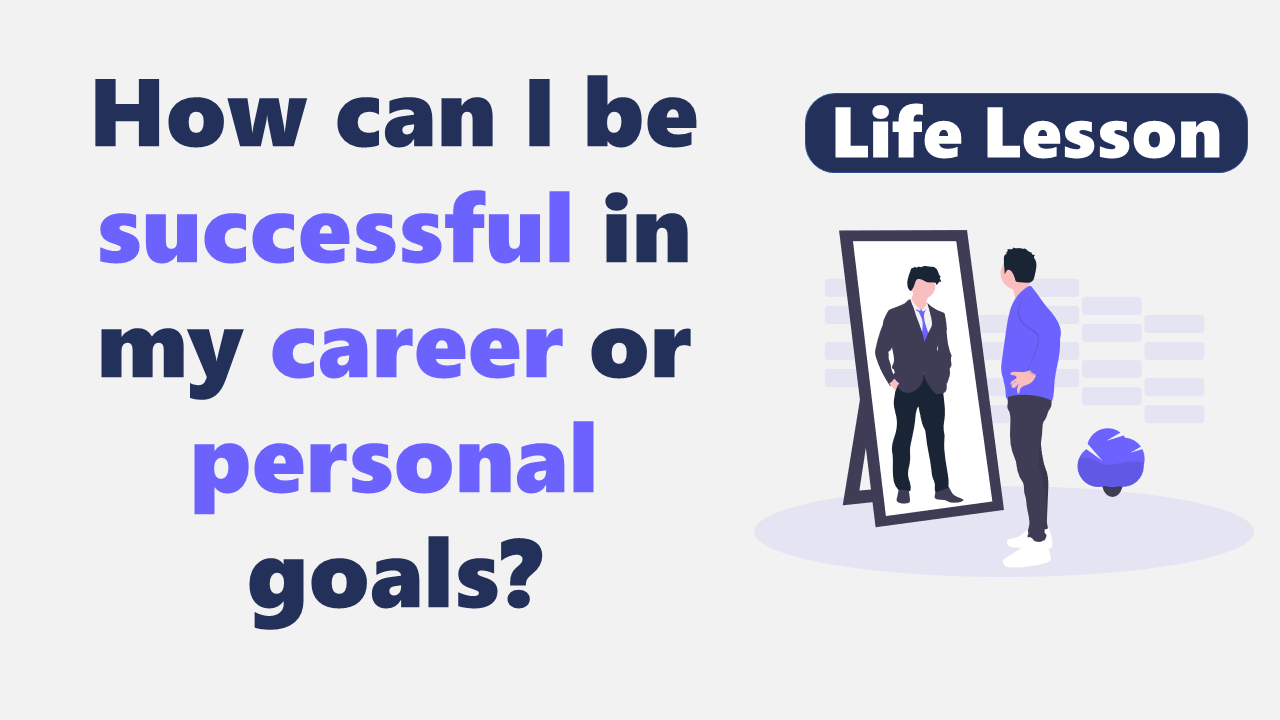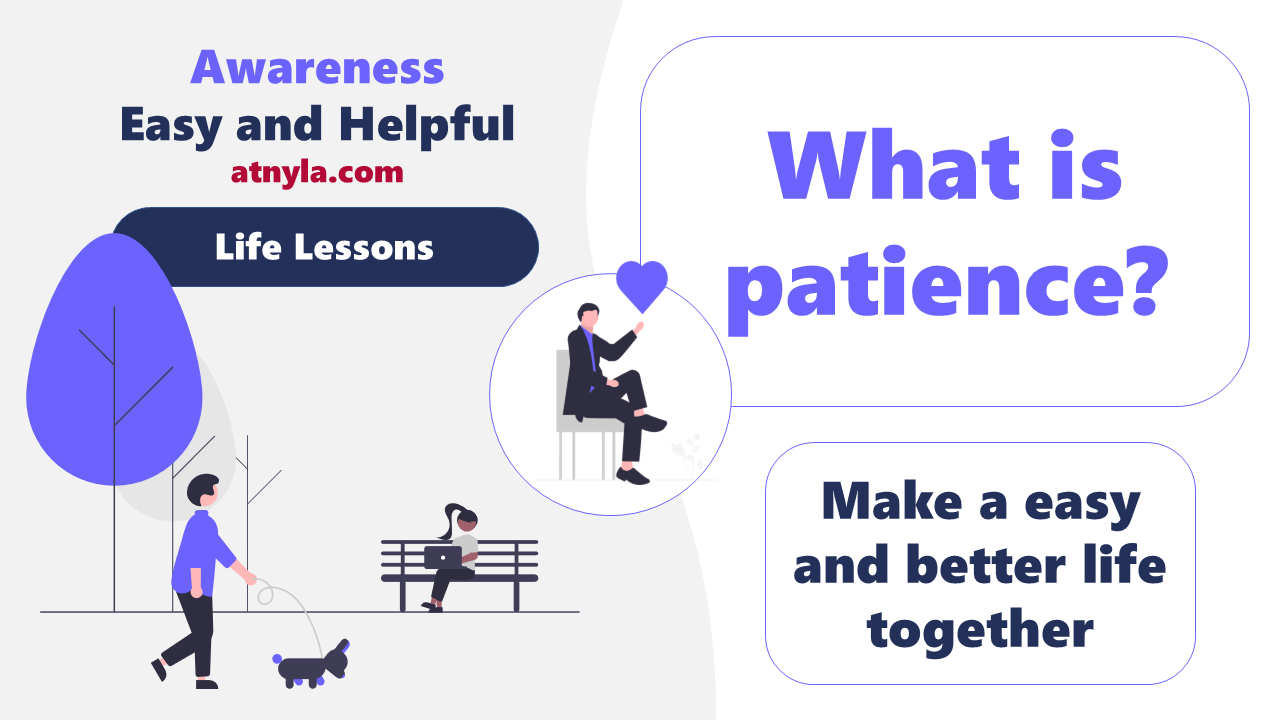How to Manage Emotions
Humans feel different kind of emotions and all the emotions are equally important so there can not be any top or last emotions. There are two kind of emotions one are long term emotions which are persived for longer time and are deep-rooted and short term emotions that are percived for shorter durations and are more superficial. To give a example Joy is a short term emotions which is felt for sometime as we get a good news or achive something but love/passion is a long term emotionwhich stays longer.
One basic thing we need to understand is that one or multiple emotions combine with thoughts and are percived as feeling. what we feel are feelings not basic emotions so feelings can be of many types based on combination of emotionas that is why it is not easy to understand emotions. Mostly what we feel is a mix of emotions eg a mix feeling of joy and suprise is excitement. Many Psychologists have claimed many type of emotions as they have mixed feelings and emotions and have created a long list of emotions.
There are basically 8 kinds of long term emotions and the ninth one is Clam that is the absence of all the emotions
Love or passion, Joy , Wonder , Valor ,Sad , Anger , Fear, Disgust, Clam
Emotions are universal long term and short term emotions
Feelings are personal and are formed from combination of long term and short term emotions and are multiple based on the depth and combination of emotions.
Robert Plutchik's theory
Robert Plutchik's theory says that the eight basic emotions are:
- Fear: feeling of being afraid, frightened, scared.
- Anger: feeling angry. A stronger word for anger is rage
- Sadness: feeling sad. Other words are sorrow, grief (a stronger feeling, for example when someone has died)
- Joy: feeling happy. Other words are happiness, gladness
- Disgust: feeling something is wrong or nasty. Strong disapproval.
- Surprise: being unprepared for something.
- Trust : a positive emotion; admiration is stronger; acceptance is weaker.
- Anticipation: in the sense of looking forward positively to something which is going to happen. Expectation is more neutral
Manage your emotions
Step 1:
- Describe in detail the situations in which you become emotional. Keep track for one month.
- Identify 3 - 4 themes that are causing your emptions.
- Draw a red circle around the episodes that caused you to become emotional for no good reason. Ask: What are the common themes?
- Use this information to evalute situations before you enter them. Ask: What can I do to avoid being triggered?
Step 2:
- Start a mindfulness practice.
- Set aside 20 minutes a day 4 days a week.
- During your practice, try to spot the impulse to anger and let it subside.
Choose how you act
Method 1:
Pay attention to the other persons facial expressions. Evalute his or her emotional reaction to your behaviour and modify accordingly.
Method 2:
Pay attention to changes in your own body. Notice changes in your musculature, respiration, perspirations or tempearture. Modify your behavior accordingly
To gain control of your emotions, keep track over time of how you react to things, then gradually increase the gap between impulse and action.
























